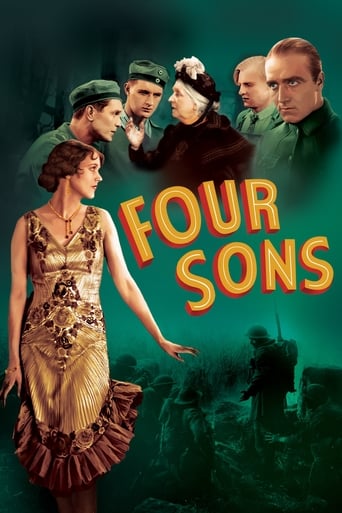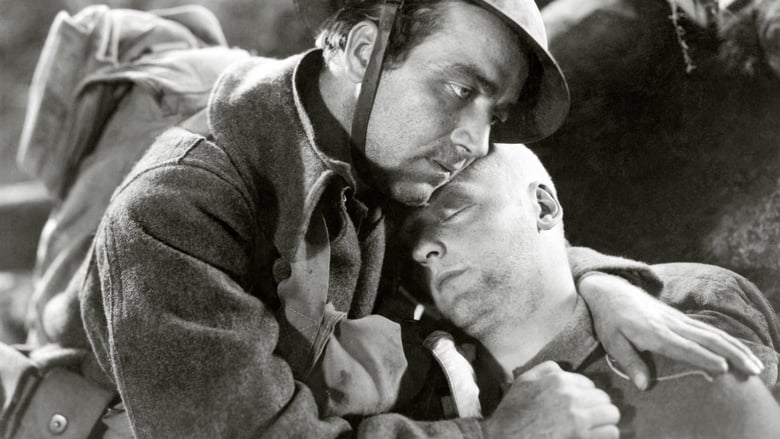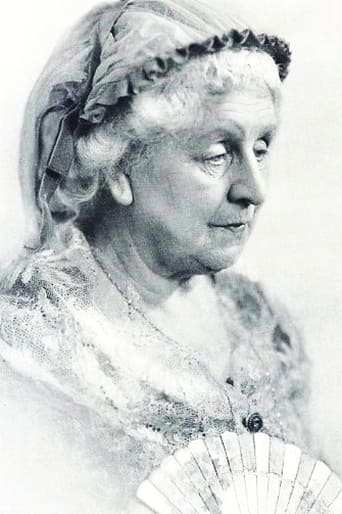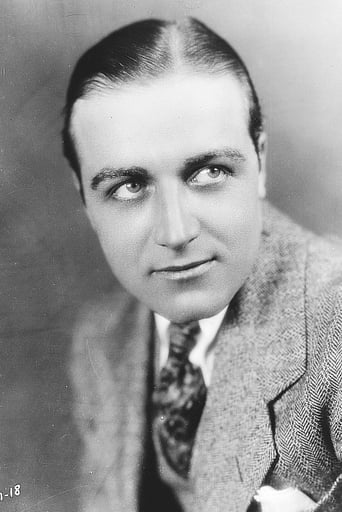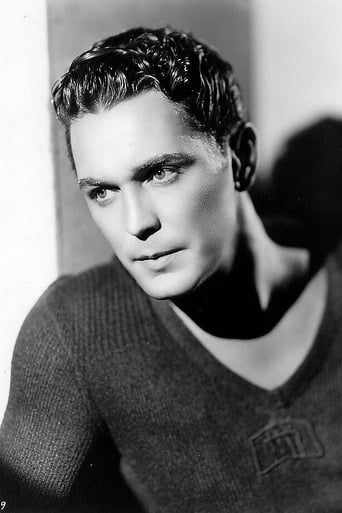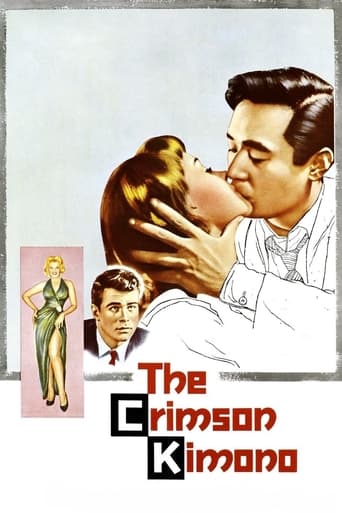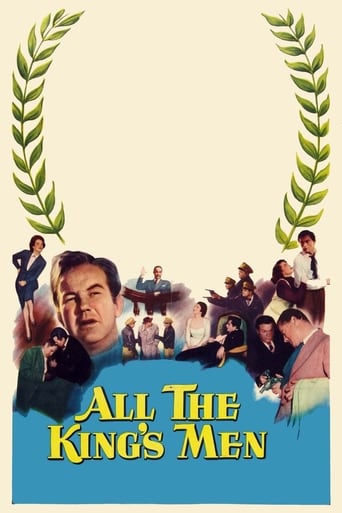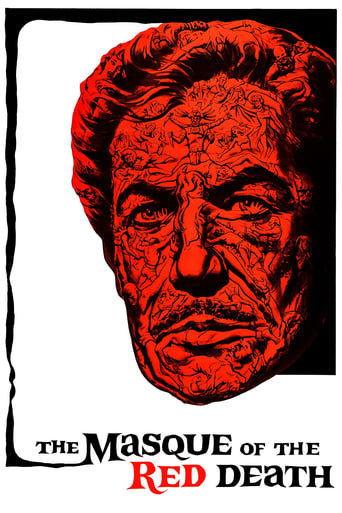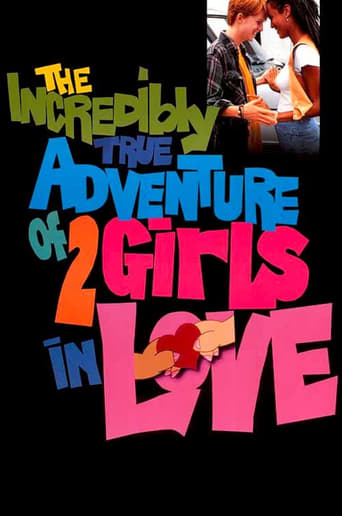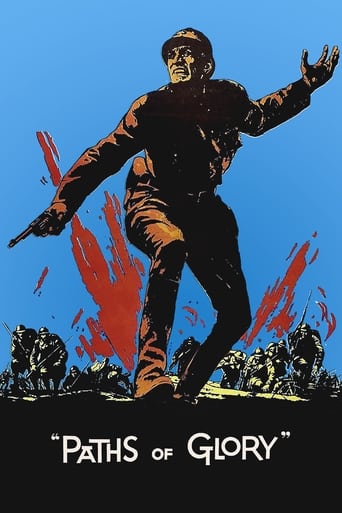Four Sons (1928)
A family saga in which three of a Bavarian widow's sons go to war for Germany and the fourth goes to America, Germany's eventual opponent. Preserved by the Academy Film Archive in partnership with L'Imaginne Ritrovato and Twentieth Century Fox Film Corporation in 1999.
Watch Trailer
Free Trial Channels
Cast


Similar titles
Reviews
This Movie Can Only Be Described With One Word.
Good concept, poorly executed.
The film never slows down or bores, plunging from one harrowing sequence to the next.
The tone of this movie is interesting -- the stakes are both dramatic and high, but it's balanced with a lot of fun, tongue and cheek dialogue.
. . . ALL QUIET ON THE WESTERN FRONT, except that Melodramatic Hokum and Sappy Schmaltz have been substituted for FRONT's Gritty Authenticity and Cutting-Edge Realism. The only character who rings True in FOUR SONS is the Fascist German "Major Von Stromm," because "it takes one to know one," and SONS director John Ford often infamously Out-Hitlered Hitler. Just as Adolph had a guy behind-the-scenes engineering his "Final Solution," Hollywood's version of J. Edgar Hoover--John Ford--conspired in the Shadows with Anti-American Traitors whom could have been shot for High Treason, such as Marion Mitchell Morrison and Joe McCarthy, to foment a virtual military coup against the U.S. Constitution, Freedom, and Democracy, outlawing Decency and Intelligent Thought. Ford's decades-long Reign of Terror was so total that it thoroughly traumatized Tinseltown into awarding his Second-Rate Output Umpteen Oscars as they declared him The Movie Messiah. SONS version of World War One comes from Fox Studio, so its relationship to Actual War is the same as Fox "News" connection to Actual News: an exercise in Total Distortion.
Other than The Iron Horse we rarely see John Ford's silent films. But in viewing Four Sons we can certainly spot a lot of stylistic traces and themes that mark Ford's more well known sound films.Before The Iron Horse Ford was a director of Grade B westerns mostly starring Harry Carey. After The Iron Horse Ford started doing other kinds of films. A story with a German setting one might think would be unusual for Ford, but you examine it closely this film is as sentimental as any of his Irish films. And Margaret Mann who played the mother of the Four Sons was a harbinger of such later mother characters in Ford films as Olive Carey, Irene Rich, and the grandmama of them all, Jane Darwell.Watch also how Ford handles the military sequences in both the German and American settings. The cultural differences are there, but the military way is universal. John Wayne is listed in a bit role as an Officer and I think I spotted him during a scene at a railway station where a particularly nasty Teutonic major played by Earle Foxe. Wayne I believe is one of his aides.The story is a simple one Margaret Mann is a widow with four grown sons in a village in Bavaria. The sons are James Hall, Charles Morton, Ralph Bushman, and George Meeker. Hall has been in communication with a friend in America urging him to emigrate from Germany and he does. Hall does achieve the American dream, opening a successful business, marrying June Collyer and giving Mann her first grandchild. Then World War I comes and that's the rest of the story as Paul Harvey used to say.Four Sons holds up well even after 80+ years. Mann's trials and tribulations as a mother certainly is a universal theme. And the ending is as happy and sentimental one as John Ford ever devised in any of his films.
John Ford is truly great filmmaker this is the pinnacle (well in my opinion) of silent film. Margaret Mann is a revelation her performance is so enthralling especially in some of the final scenes at the end of the picture.The story is a strong one but the direction and the way it is put together is truly sensational Ford himself is Irish and this film i feel may be close to his roots.I was amazed the film didn't have many title cards however it was so simple to follow and by the end of it you're moved by mann's performance. you feel and care for the characters the whole way through that's the mark of a great film.And for the film buffs watch the early scenes in the film you got to love the tracking shot the mark of master John Ford
In late 1920s Hollywood there was a brief craze for German cinema, especially at Fox, who had recently appropriated FW Murnau. It was no surprise then that, as well as bringing over the genuine article, the studios would also begin cranking out a few pictures that were Germanic in setting if not in style. Four Sons also takes advantage of the trend for World War pictures after the success The Big Parade.As well as directing Four Sons, John Ford was also the producer, which is bit of a mixed blessing. With the director allowed greater executive control you get all the best and worst of the free-range Ford. As has often been remarked, Ford had "economy of expression" that is, the ability to convey information and story in as few shots as possible. The flipside of this however is that he did tend to get bogged down with comedy scenes, or in this case restating and reinforcing the sense of rural simplicity and family unity until it becomes more monotonous than moving. The comic moments are particularly weak in this picture just fat men with moustaches and Prussians with monocles being stereotypically Teutonic.But one great advantage of having Ford as producer is that the picture is relatively free from unnecessary intertitles. All the great silent directors were of course skilled visual storytellers and Ford is no exception, and of course different screenwriters vary in their wordiness, but the frequency and necessity of intertitles would ultimately be down to whoever was in overall charge of the production. Ford has here cut down the title cards to a minimum, and so we get some great little moments such as the postman turning the first letter over in Mother Bernle's hands to let us know that she cannot read, or the villagers approaching the postman to find out if is their family who is to receive the black envelope moments which would have been ruined by a load of intertitles in many other productions of this era.And the visual style of Ford's pictures was by now more or less fully developed. It's interesting to see here how in Ford's world there is no midpoint between town and country. We don't see, for example, the village framed by surrounding hills or fields, or even against the sky. The village itself is the frame and the background, as if to make it an enclosed and totally civilized space. In contrast, whenever Ford shot a scene out in the wilderness he emphasised its openness although Four Sons never really gets out in the open air so you don't see that here.While Four Sons may be somewhat awash with sentimentality, Ford's simplistic approach of showing the tenderest moments with delicate shot composition does at least allow the picture some dignity. For example, he uses the overhead light to throw an almost heavenly glow over the family meal scene, then later echoes this with the shot of Mother Bernle grieving in a shaft of daylight. The most effective shot of all though is when Joseph says goodbye to his wife before going off to war. Ford goes against convention by filming the couple from behind in long shot, and the beauty of this moment almost makes me forgive all the other flaws of the picture. It's also a good decision not to show their faces, because James Hall was not a particularly good actor, as we can see in the scene where he returns home again.In spite these touches of brilliance, the picture as a whole is weakened because it continually bombards us with either sentiment or tragedy. Of course, cinema would be dull indeed without poignancy, but poignancy only works in small doses. Saturate a picture in emotions and the individual tugs lose impact. Four Sons is a good work for Ford the director, but this fact doesn't quite save it from the poor judgment of Ford the producer.

